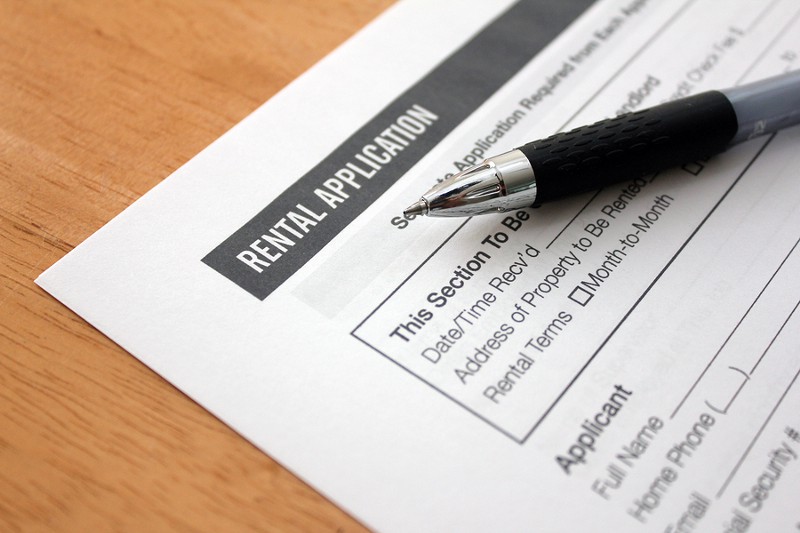So you need to hire a mover and it’s time to get quotes.
Some are given as hourly rates with a price estimate, while others provide a guaranteed flat rate.
Which should you choose? Which structure is better?
THE FLAT RATE!
The reason lies within the motivations set up by each situation. Now, this doesn’t mean movers are bad people, but the incentives certainly influence the way business is done.
Let’s look at the hourly rate scenario…
The Economics.
There’s no incentive for the movers to finish quickly or efficiently. It doesn’t matter if they have one job or two jobs in a day, they get paid the same. In fact, they get paid more for doing one job because there isn’t a gap in time where they are traveling to the next job (and actually losing money on the gas and labor hours required).
The Labor.
Building off the point above, the company is incentivized to provide a smaller crew to the job. Rather than bringing an extra person or two to your move, they are better off sending those people to work on another job.
This isn’t malicious — it’s just smart business. That way they are able to book double the revenue in the same amount of time. Time is their friend.
A flat-rate is better for both parties, for the following reasons…
The Customer.
One of the biggest benefits of the flat rate for customers is the assurance that you aren’t being scammed (see above). It’s comforting to know exactly what you’ll pay for the service. You also want to have your movers hustling and working hard to get your move done (so they can get to another job). Nobody wants their move to last all day. So incentivize it not to.
Don’t worry about them rushing with your stuff and breaking something. They are legally obligated to provide coverage for your cargo. You can also purchase additional insurance for your move.
The Moving Company.
A flat rate provides a better customer experience. Customers understand what they’re paying and aren’t shocked by a big number at the end of the move. As a mover, you can provide legitimate economic reasons to have your crew hustle and get a job done. If you get it done efficiently and do a great job, you can easily ask the customer for referrals — one of the best sources for new jobs.
In Closing: This doesn’t mean that hourly rate moves are going to be horrible, but if you can pick — go with the flat rate. For these reasons, our Moved concierges provide our customers exclusively with flat rate quotes.
Recommended Reading:How To Pick The Right Moving Company
Thanks for reading! If you liked this post, please recommend or share it with others. 🙂
Want to talk? Connect with Moved on Facebook, Twitter, and Instagram!









